Worst Presidents to Have Ever Taken Office, Ranked

In its relatively short history, the United States has seen a plethora of leaders – some respected, and some not so. Many have followed through with their presidential promises of unity and prosperity, while others failed to deliver on any of their promises or claims and leave office disgraced. All individuals listed here have made our country what it is today, but let’s more specifically take a second to examine the pros and cons of our nation’s worst presidents!
<span>38. </span>Bill Clinton (1993-2001)
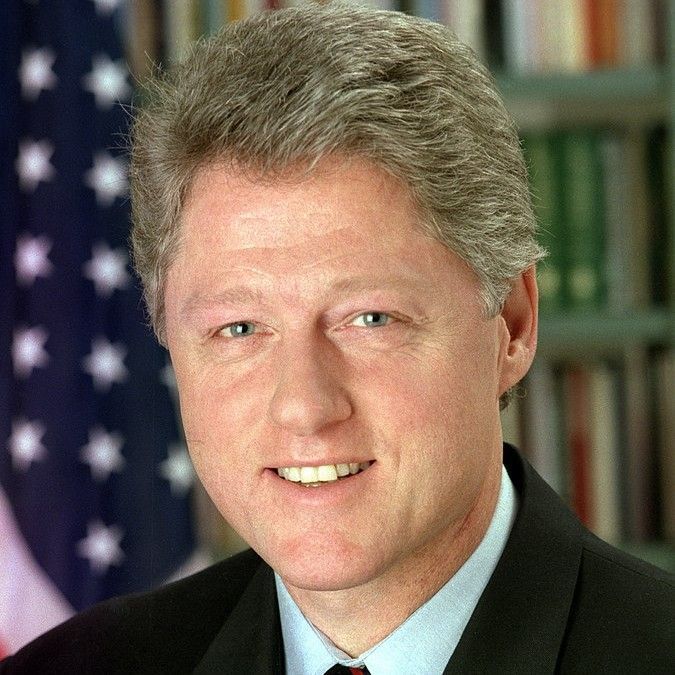
Bill Clinton’s presidency was marked by his 'Third Way' philosophy, or his attempts to reconcile left-wing and right-wing politics. He is also known for policies including the North American Free Trade Agreement (NAFTA) and welfare reform, and he presided over the longest period of peacetime economic expansion in the nation’s history. But unfortunately, he is perhaps best remembered for his impeachment and scandal involving Monica Lewinsky, the 22-year-old White House intern.
<span>37. </span>Lyndon B. Johnson (1963-1969)
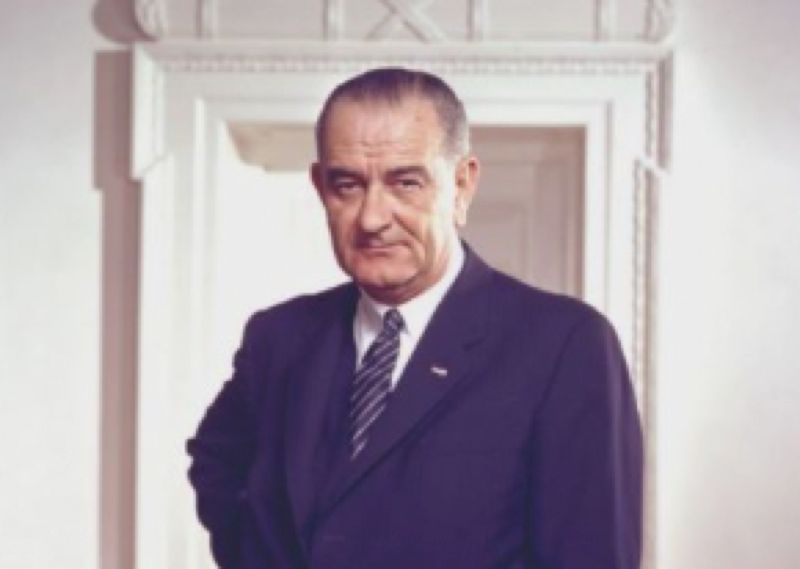
Following the assassination of John F. Kennedy, Lyndon Baines Johnson took over as the 36th president. He established the Civil Rights Act of 1964, the Clean Air Act, and amended two Social Security Amendments – creating Medicare and Medicaid. He sought to 'build a great society, a place where the meaning of man’s life matches the marvels of man’s labor.' Many still look down on his escalation of US involvement in the Vietnam War, however.
<span>36. </span>Barack Obama (2009-2017)
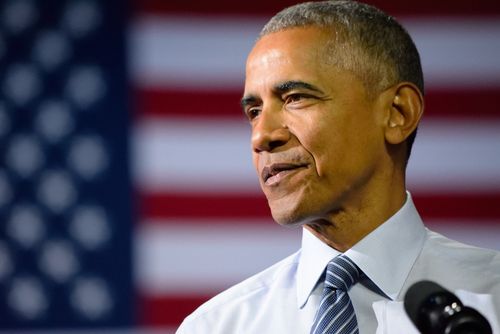
As the first African-American president, Barack Obama took office in 2009 as number 44. Obama reformed healthcare in the Affordable Care Act, legalized same-sex marriage nationwide, signed into motion tax and American reinvestment relief during the late 2000s Great Recession, entered into the climate change Paris Agreement, and is credited with ordering military action that led to the death of Osama bin Laden.
<span>35. </span>John Quincy Adams (1825-1829)
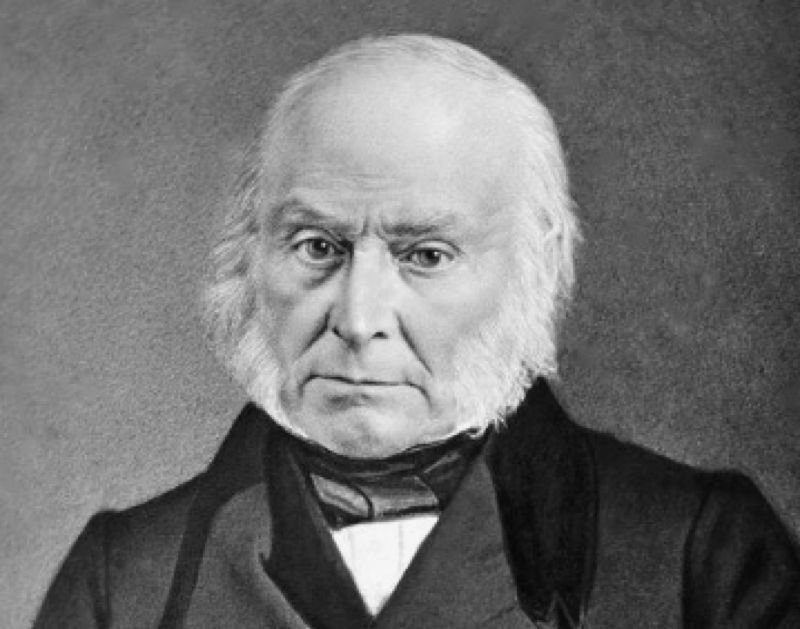
As the sixth president of the United States, John Quincy Adams was known for his intelligent and diplomatic personality. Adams was considered to have an 'intellectual ability and courage above reproach, and his wisdom in perceiving the national interest has stood the test of time.' His accomplishments do not show for much but he was one of the first public figures to question slavery’s place in America, a nation that reveled in its 'unification.'
<span>34. </span>Andrew Jackson (1829-1837)

Following on the heels of John Quincy Adams, Andrew Jackson was number seven. Honorably, Jackson was the first (and only) to entirely pay off the national debt, and more so, he was one of the first Presidents to be elected by the popular vote. He sought to be a direct representative of the everyday man. That said, he did sign the Indian Removal Act of 1830, leading to the forced relocation of many Native American tribes, and he opposed the abolitionist movement which was dedicated to ending slavery.
<span>33. </span>William McKinley (1897-1901)
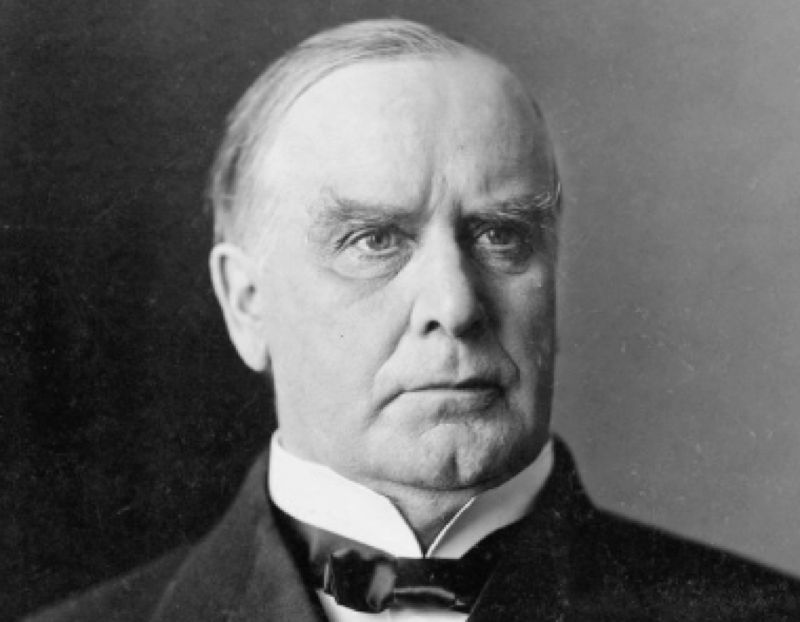
Jumping to number 25, William McKinley led the US to victory during the Spanish-American War, kept the monetary system on the gold standard, and raised international tariffs to support American industry. Historians claim that McKinley followed public suggestion rather than truly leading the country. His choice to expand the 'American Empire' by taking control of Puerto Rico, Guam, and the Philippines is also controversial.
<span>32. </span>George H.W. Bush (1989-1993)
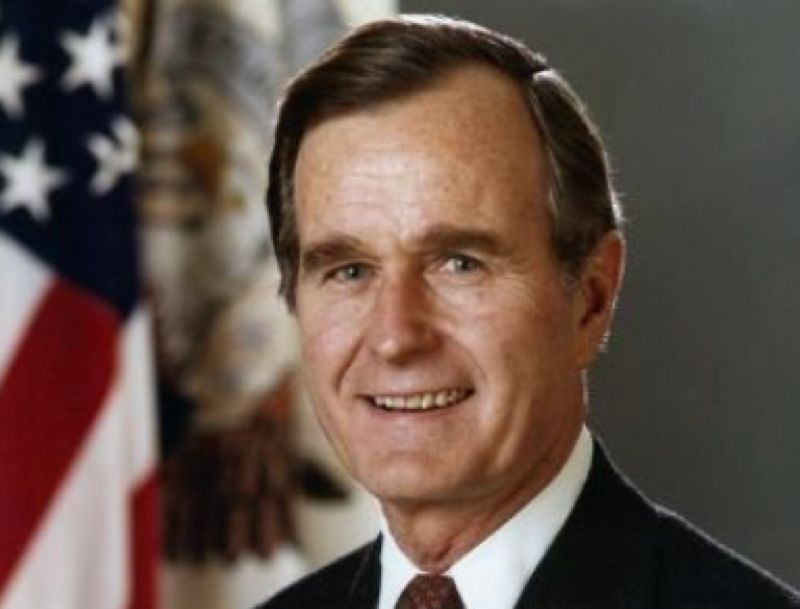
At number 41, the nation was first introduced to the George H.W. Bush, who put an end to the Cold War, was instrumental in reuniting Germany (East and West), signed NAFTA – the trade agreement between the US, Canada, and Mexico – and ended Iraqi occupation in Kuwait. Contrasting the positive, Bush called for an extra $1.5 billion to battle the war on drugs, calling for more jails, prisons, and prosecutors.
<span>31. </span>William Howard Taft (1909-1913)
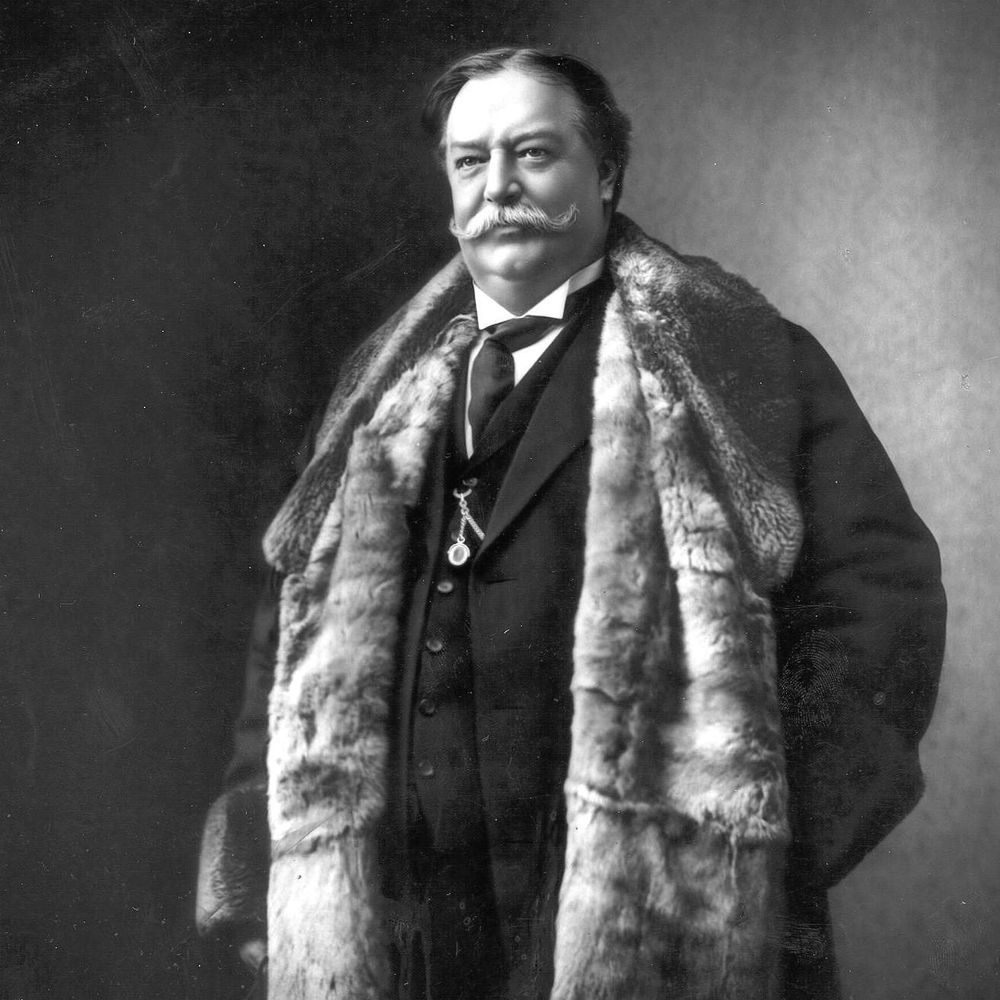
Not only was Taft the 27th President, he was also a Chief Justice of the US – the only person to hold both positions. He pushed for the empowerment of the Interstate Commerce Commission to create railroad rates and displayed support for the direct election of senators, chosen by the people. That said, the Sixteenth Amendment was passed during his Presidency, allowing Congress to establish and initiate the income tax.
<span>30. </span>Grover Cleveland (1885-1889, 1893-1897)
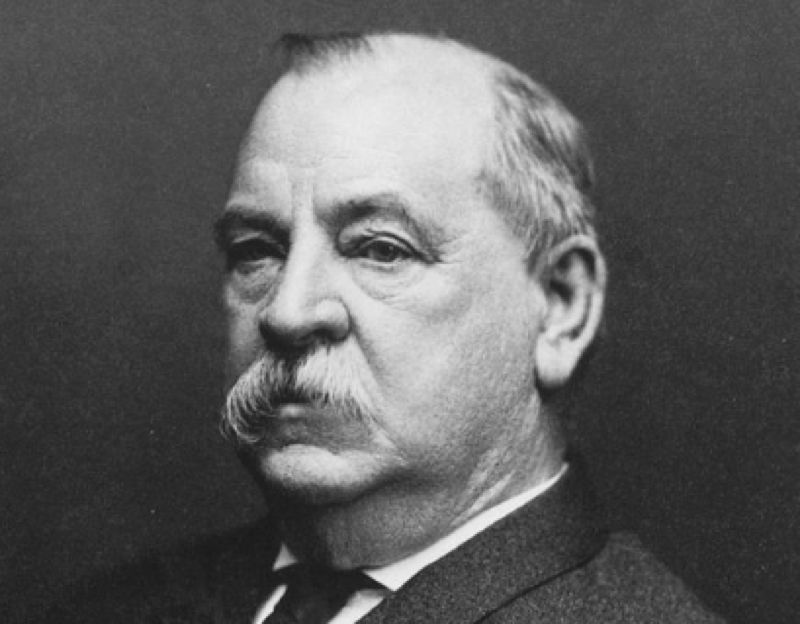
Stephen Grover Cleveland is currently the only president to have served for two non-consecutive terms. He was president number 22 and 24. He was leader in charge during the Statue of Liberty dedication and saw the end of the Apache Wars in which Geronimo surrendered. Interestingly, he did not seek to overthrow Hawaii’s monarchy, but eventually annex the future state. He noted 'I am ashamed of the whole affair' of the switch.
<span>29. </span>Ulysses S. Grant (1869–1877)
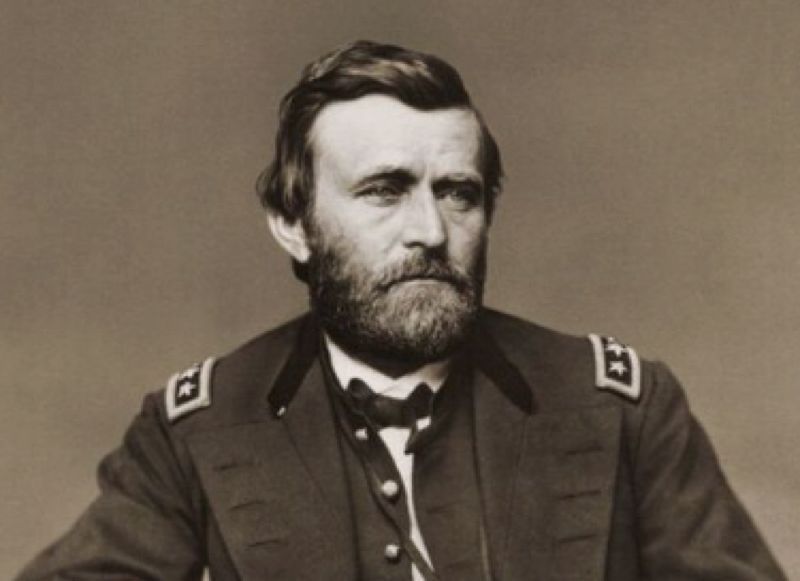
Once the Commanding General of the Union Army, Ulysses S. Grant became the 18th president of the United States. During his time in office, Grant is credited with authorizing the establishment of the Department of Justice, the National Weather Service, and Yellowstone National Park (along with the National Parks Service). Upon appointing poor political allies during his tenure, Grant was unable to secure a third term in office.
<span>28. </span>Martin Van Buren (1837-1841)
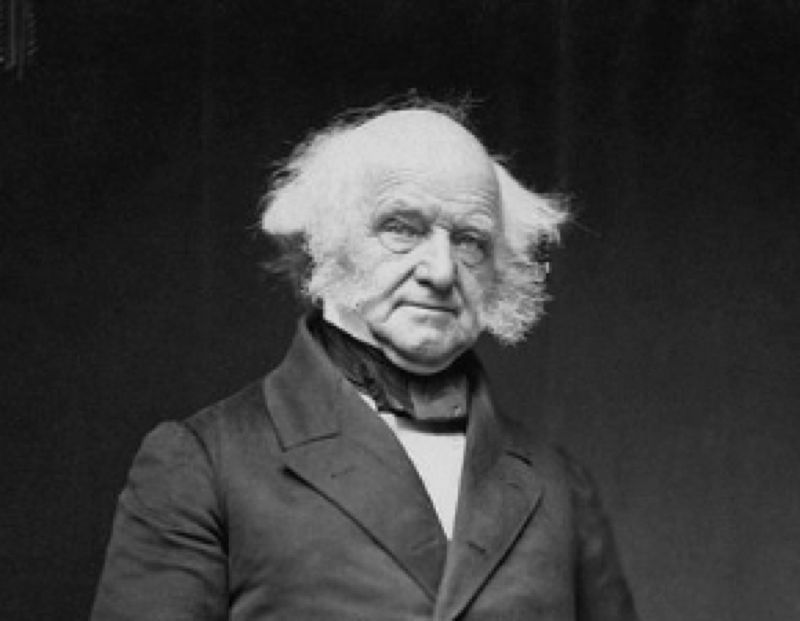
Eighth president Martin Van Buren was a founder of the Democratic Party, and served as a Vice President and Secretary of State. He avoided war with our neighbors to the North due to Canadian insurrection by declaration of American neutrality. Further, while cleaning up issues during Andrew Jackson’s presidency, he was forced to deal with a recession as thousands of individual business owners and banks lost most, if not all, of their money.
<span>27. </span>Jimmy Carter (1977-1981)
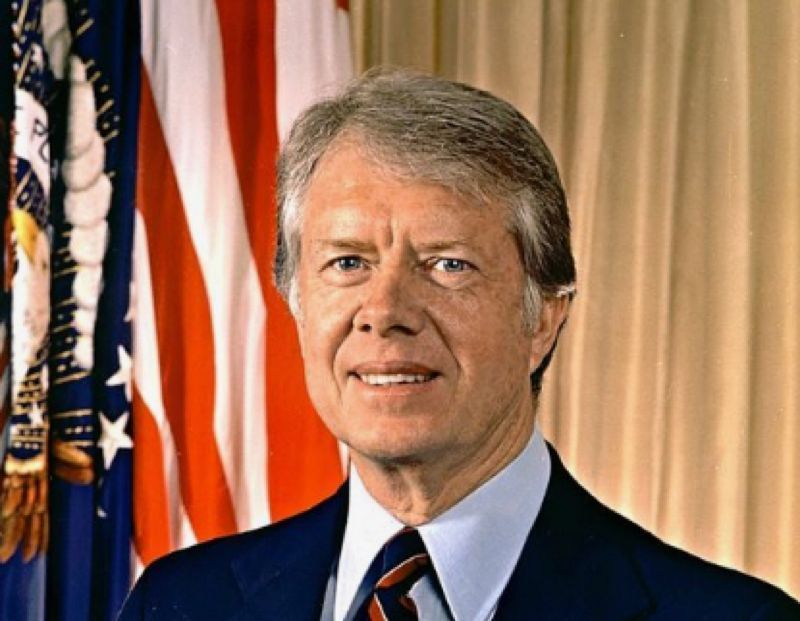
A Nobel Peace Prize winner in 2002 and 39th President, Jimmy Carter campaigned on the promise that 'I’ll never tell a lie.' He withheld economic and military aid to countries with human rights abuses, mediated the Camp David Accords in which Israel and Egypt recognized each other, and developed huge homeland-based oil reserves for US supply. Still, he refused all negotiation with Iranian terrorists during the 1979 Iran Hostage Crisis, and during the 1979 Iranian Revolution, oil prices became inflated, negating the lower prices and supply Carter had originally possessed.
<span>26. </span>Gerald Ford (1974-1977)

A former college football star and Navy sailor during WWII, Gerald Ford was number 38. Ford is best remembered for signing the Helsinki Accords (which minimized tensions with the Soviet Union), establishing the Energy Policy and Conservation Act of 1975, and reducing inflation and unemployment during his less-than-900-day term. Conversely, Ford pardoned Nixon (noted poorly throughout his presidency), accepted defeat in the Vietnam War, and made poor first impressions with foreign nationals.
<span>25. </span>James A. Garfield (1881)
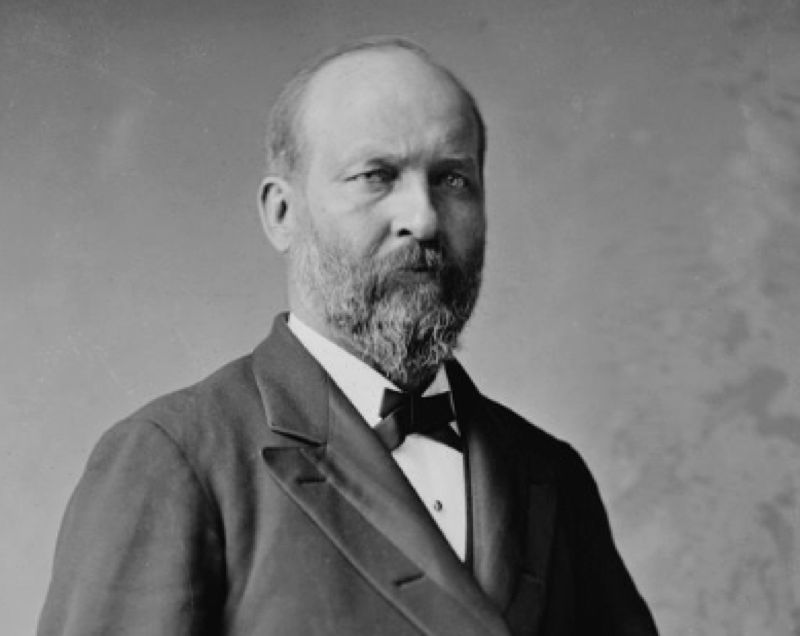
James A. Garfield, number 20, was memorable for his short time in office. He suggested a universal education system to support African Americans, selected former slaves into visible cabinet positions, and reformed the Post Office Department. He foreign policy skills were questionable, but as he was assassinated 200 days into his first term, he was never given a chance to improve.
<span>24. </span>Richard Nixon (1969-1974)
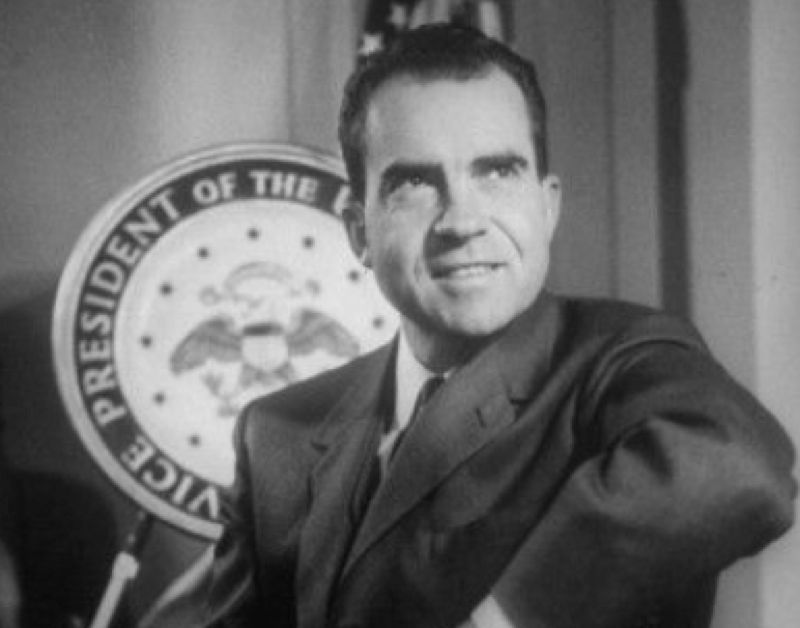
Richard Nixon was the 37th president and the first to ever resign. Nixon is known for submitting his solution for reducing segregation – 'New Federalism' (local desegregation). He created the Presidential Task Force on Women’s Rights (bringing suits against sexual discrimination violators), signed the Clean Air Act of 1970 (creating the DNR and EPA), negotiated an arms control deal with Russia and made advances with communist China. Still, Nixon’s legacy is troubled. His bombings of North Vietnam and invasions into Cambodia created great domestic protests. Then his involvement, tried concealment, and impeachment for his connection with Watergate tarnished Nixon’s reputation greatly.
<span>23. </span>Zachary Taylor (1849-1850)
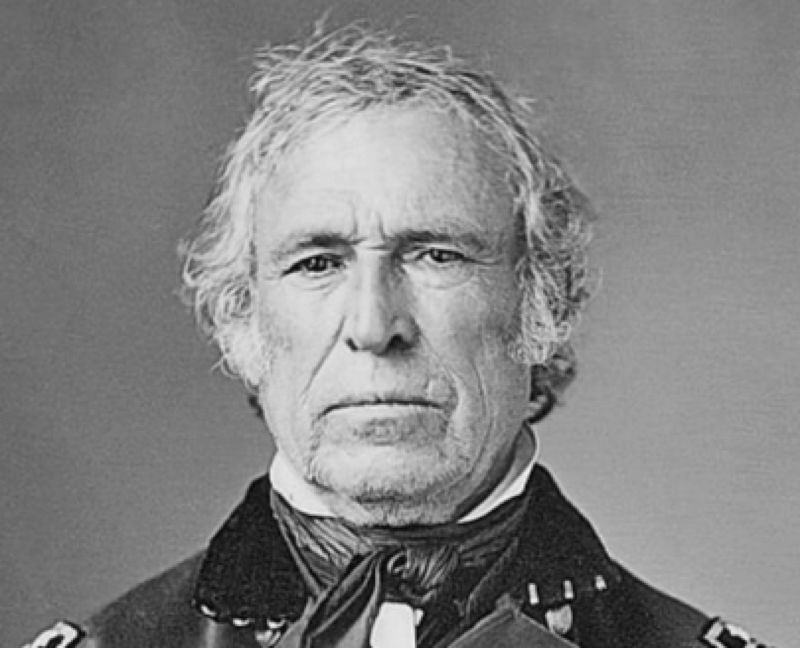
Seen as a Mexican War hero, Zachary Taylor assumed office as number 12. He owned slaves yet accepted a liberal anti-slavery mindset when elected. If states chose to bar slavery, it was to be done. Southerners angered by this decision threatened to secede. Taylor responded with his own strong words that those 'taken in rebellion against the Union, he would punish … with less reluctance than he had punished deserters and spies in Mexico.'
<span>22. </span>Calvin Coolidge (1923-1929)
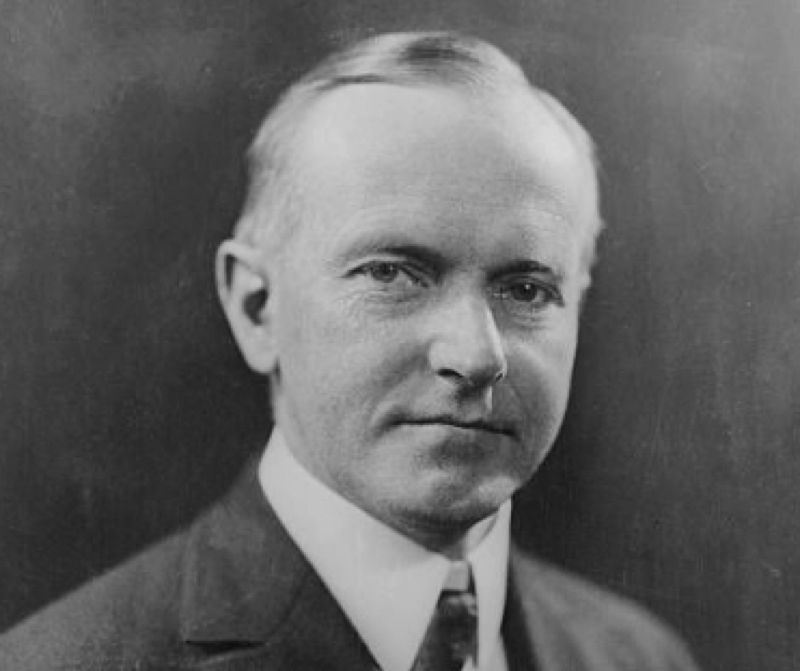
Known as 'Silent Cal,' Calvin Coolidge was number 30, a President who chose not to run for a second term. Coolidge advocated for anti-lynching laws, signed the Indian Citizenship Act of 1924 – allowing Native American to keep their lands while granting them full American citizenship, and avoided appointing any known Ku Klux Klan members into his cabinet. On the other end, Coolidge did not want the country to join the League of Nations. Modern historians see Coolidge’s hands-off regulation as part of the Great Depression’s beginnings – a period in which the 'roaring twenties' saw booming economic activity.
<span>21. </span>Rutherford B. Hayes (1877-1881)
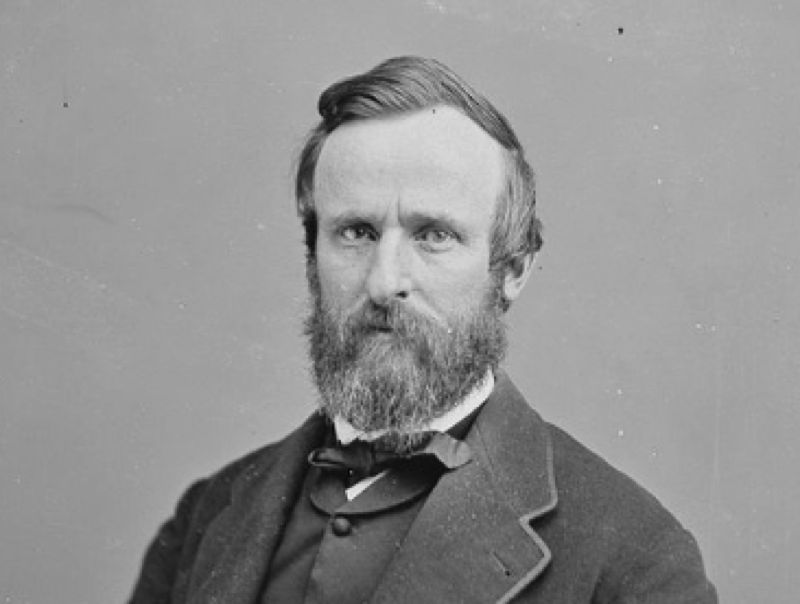
At President number 19 we find Rutherford B. Hayes. The man sought to protect and progress the rights of African Americans, but the Democrat-controlled House did not allow for much achievement. He sought to protect African American rights in the South, but removed federal troops to protect them. Hoping for intrinsic diplomacy, Southern states quickly switched to a Jim Crow mindset.
<span>20. </span>George W. Bush (2001-2009)
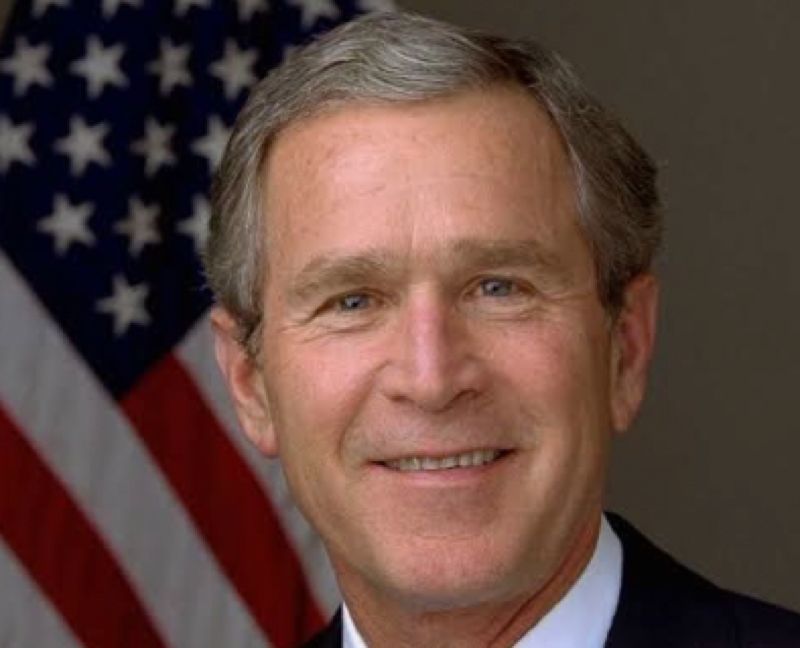
Following in his father’s footsteps, in the controversial 2000 election, George Bush is President number 43. Bush is known for instrumenting the Patriot Act (surveillance of potential terrorists) and forming the Homeland Security department, passed the No Child Left Behind Act, and expanded Medicare to cover prescription drug costs. However, Bush turned a Clinton surplus into a trillion-dollar debt, controversially invaded Iraq (under Saddam Hussein), and struggled to pass the $700 billion Emergency Economic Stabilization Act of 2008, bailing out the bank and housing industries.
<span>19. </span>Chester A. Arthur (1881-1885)
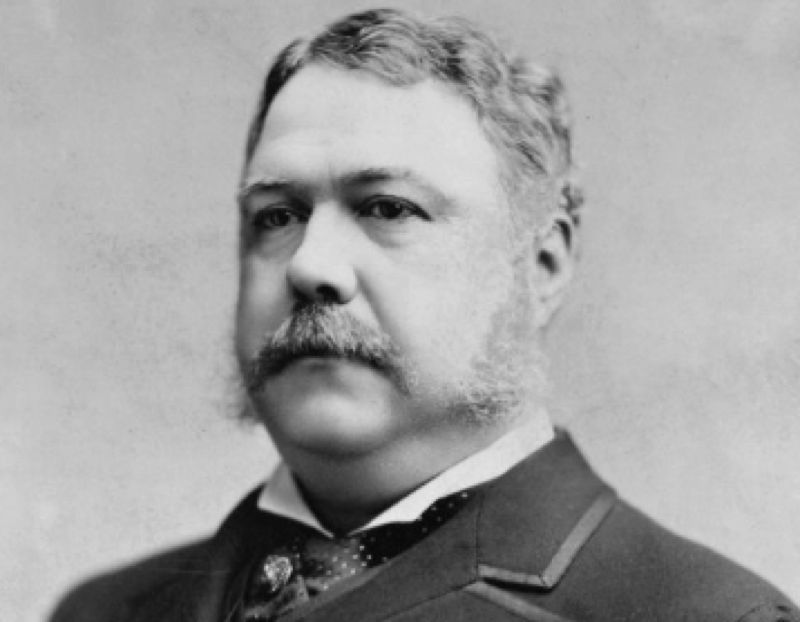
Following the assassination of James Garfield, Chester A. Arthur took the presidency at number 21. Arthur signed the Pendleton Act into law, creating a bipartisan Civil Service Commission, lowered tax rates to assist the middle class and farmers in debt, and believed that federal surpluses should be spent on tax relief (through veto of the Rivers and Harbor Act). However, he also signed the Immigration Act of 1882, disallowing the entry of Chinese immigrants, the mentally ill, the intellectually disabled, those who might become dependent upon public assistance, and criminals.
<span>18. </span>Benjamin Harrison (1889-1893)
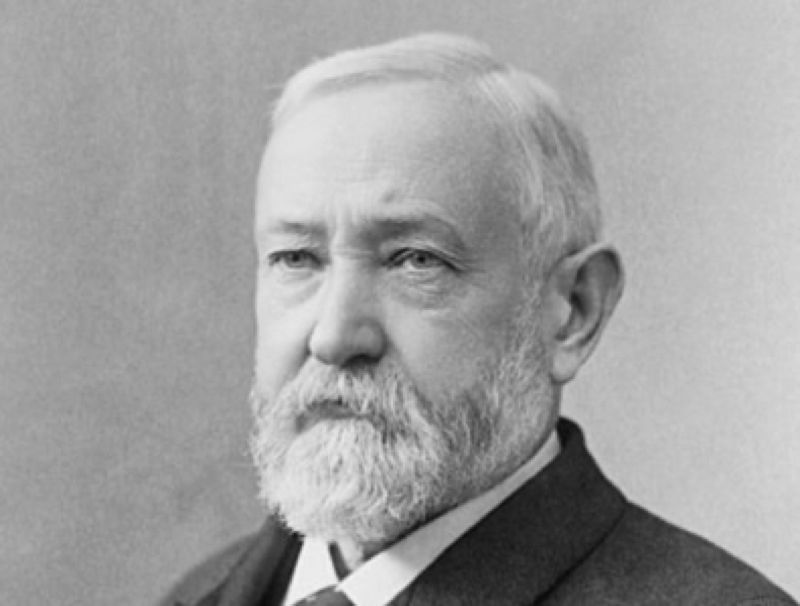
As number 23, Benjamin Harrison took over the presidency from a defeated Grover Cleveland. Harrison signed the Sherman Antitrust Act, minimizing the possibility of monopolies, tried (and failed) to expand the rights of African Americans, and saw the addition of Montana, Idaho, Wyoming, North Dakota, South Dakota, and Washington to statehood. Historians believe Harrison was the first to spend a $1 billion budget, related to the Panic of 1893 – seen as one of the worst economic periods in US history.
<span>17. </span>Herbert Hoover (1929-1933)
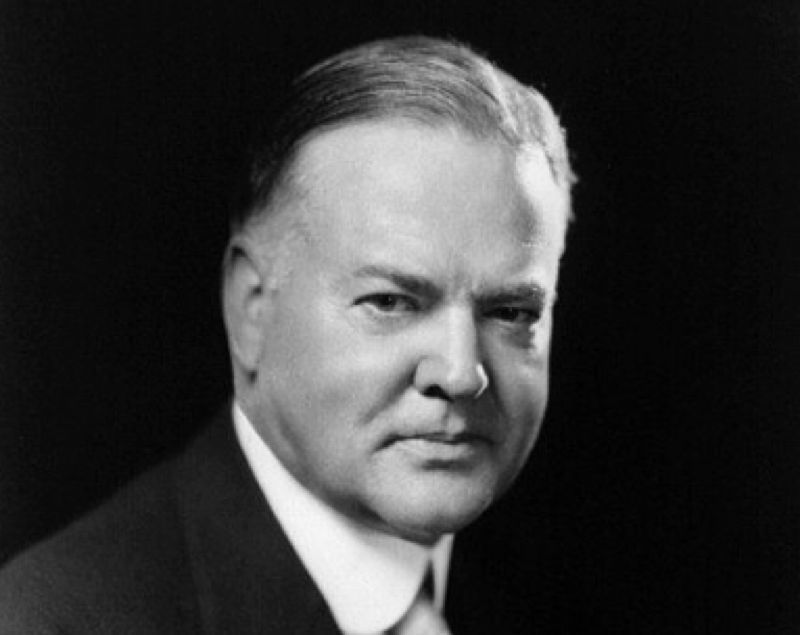
The 31st president and humanitarian, Herbert Hoover, led hunger-relief efforts for Americans trapped in Europe during WWI and for 9 million Belgians in the aftermath of advancing German troops. However, Hoover is known more for his mishandling of the Great Depression. Despite his best effort after signing the Smoot-Hawley Act, raising taxes on imports, frustrated trading partners refused to purchase American goods.
<span>16. </span>John Tyler (1841-1845)
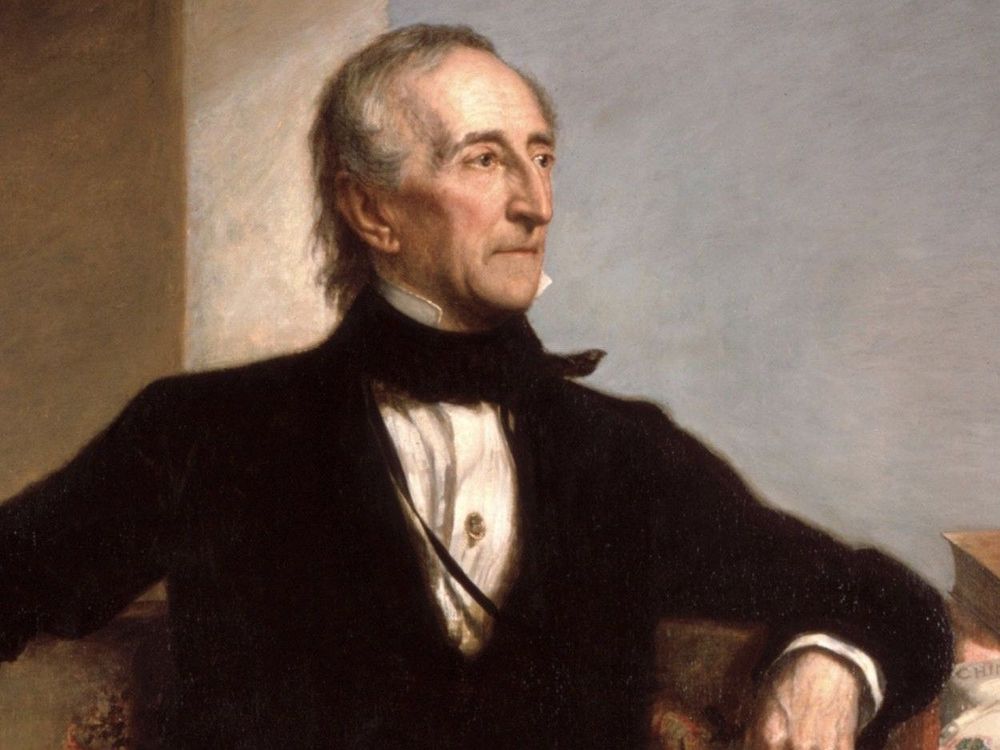
John Tyler, number 10, was the very first vice president to end up taking the presidency due to the death of his political companion, William Henry Harrison. He saw the addition of Texas into the Union and vetoed a bill that attempted to reinstate the Bank of the United States. Oddly, when he left his presidency, Tyler joined the Confederate efforts to secede from the Union.
<span>15. </span>Millard Fillmore (1850-1853)
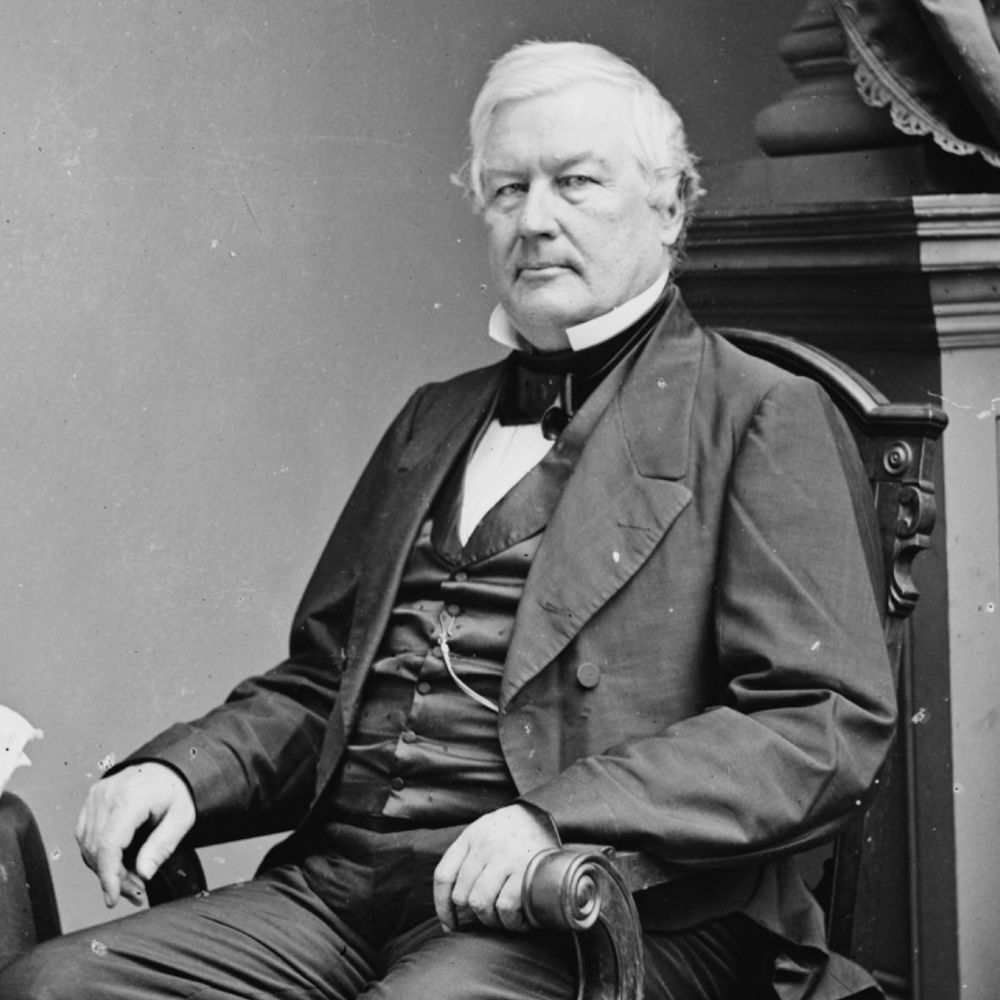
Millard Fillmore took office as number 13 when Zachery Taylor passed away. He is known for having forced Japan to open its trade through the Treaty of Kanagawa. In a similar show of power, Fillmore signed the Fugitive Slave Act. This piece of legislation deemed that any escaped slaves that were caught must be returned to their masters.
<span>14. </span>William Henry Harrison (1841)
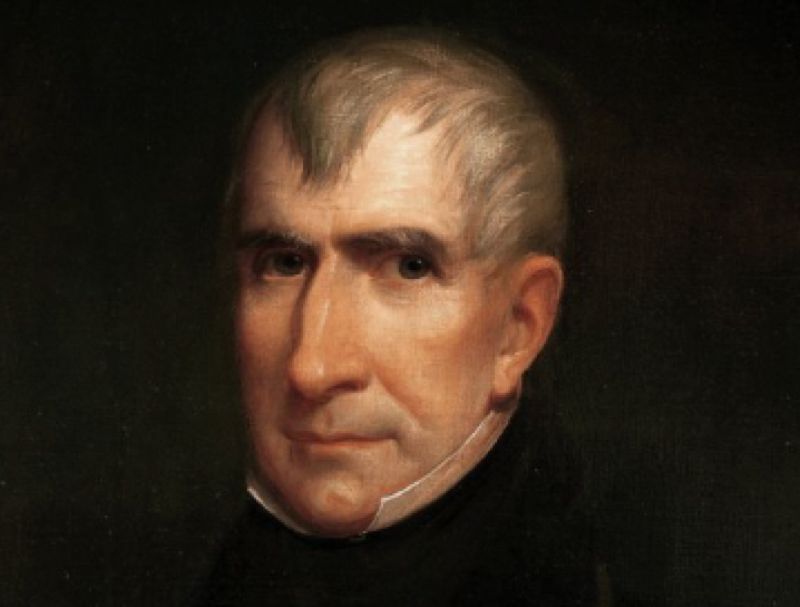
At the time, William Henry Harrison was the oldest man elected to the presidency at 68, he was also the first to die while serving – a mere 32 days into office. Before entering office, he was seen as a war hero, but as one would imagine, he was not able to accomplish very much having only been in office for around a month. At his inauguration, he gave the longest inaugural speech in history, and refused to wear a hat or coat in the cold – which probably gave way to his pneumonia-related death just four weeks later.
<span>13. </span>Franklin Pierce (1853-1857)
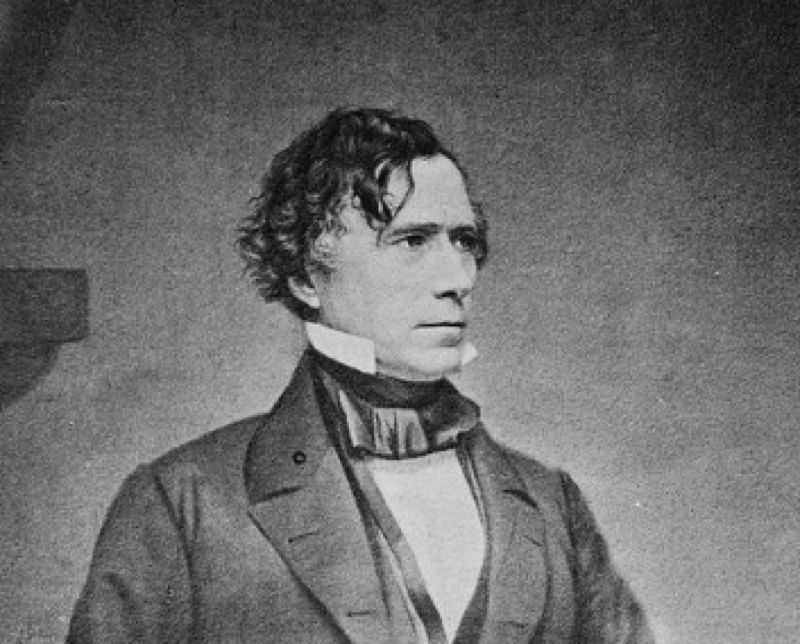
Franklin Pierce, number 14, was a hotly contested president at the time. He saw the abolitionist movement (freeing slaves) as a threat to the nation, so he enforced the Fugitive Slaves act and signed the Kansas-Nebraska Act. This act created the territories of Nebraska and Kansas, but allowed them to debate if slavery were banned or supported.
<span>12. </span>Warren G. Harding (1921-1923)
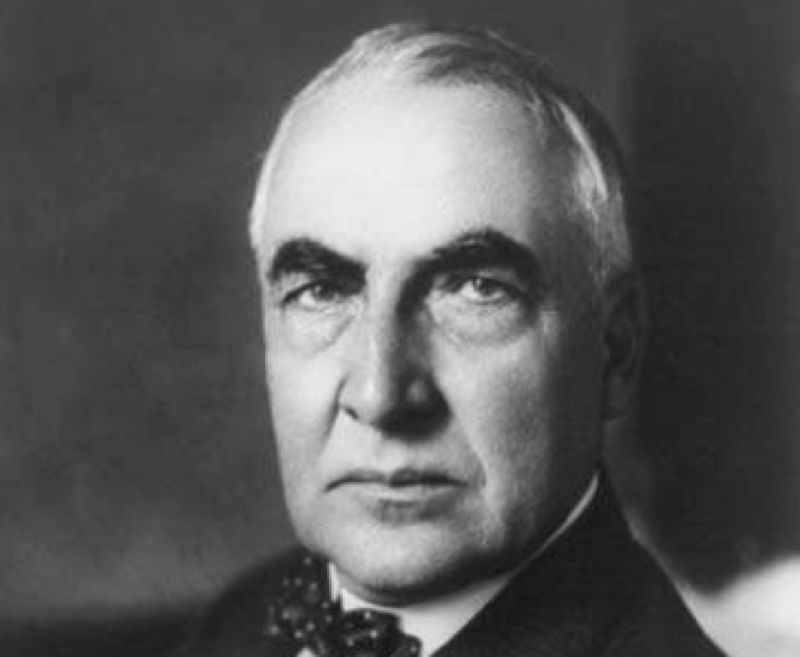
Elected on his birthday, Warren G. Harding wanted a 'return to normalcy' and achieved some of this gesture. Harding did authorize the General Accounting Office to audit all government expenditures, in addition to the signing of the Budget and Account Act of 1931 – allowing one unified budget as opposed to distinct departments – when sent to Congress. Harding was known for cutting taxes on the rich, limiting immigration, ending WWI spending controls, and the Teapot Dome Scandal – in which the the President allowed private oil companies special leases on oil-rich lands.
<span>11. </span>Donald Trump (2017-2021)
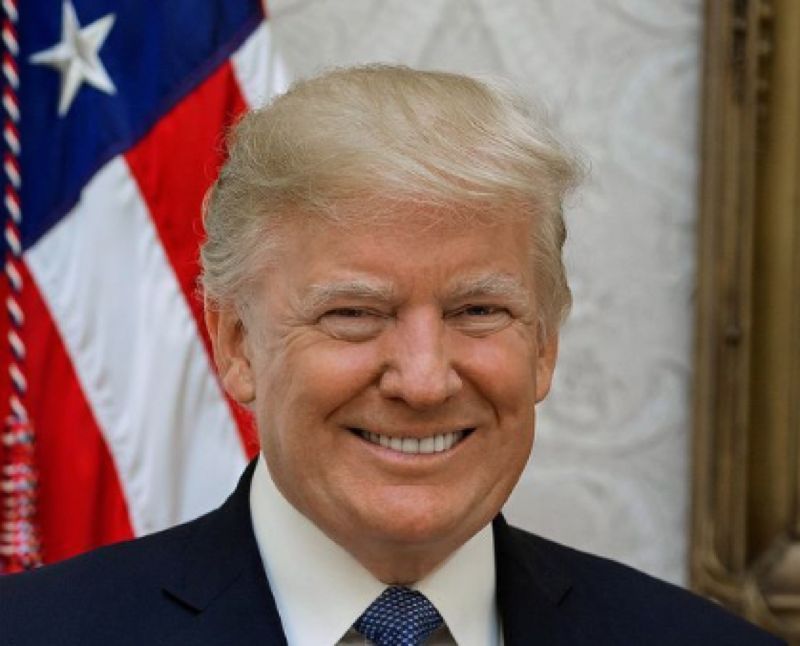
While in office, Donald Trump created 1.2 million manufacturing jobs, repatriated $1.5 trillion back to the US, and increased middle-class family income by $6,000. However, he is currently the only president to have faced impeachment twice, he withdrew from the Paris Climate Agreement, practiced controversial immigration policies, and is widely believed to have mishandled the COVID-19 pandemic.
<span>10. </span>James Buchanan (1857-1861)
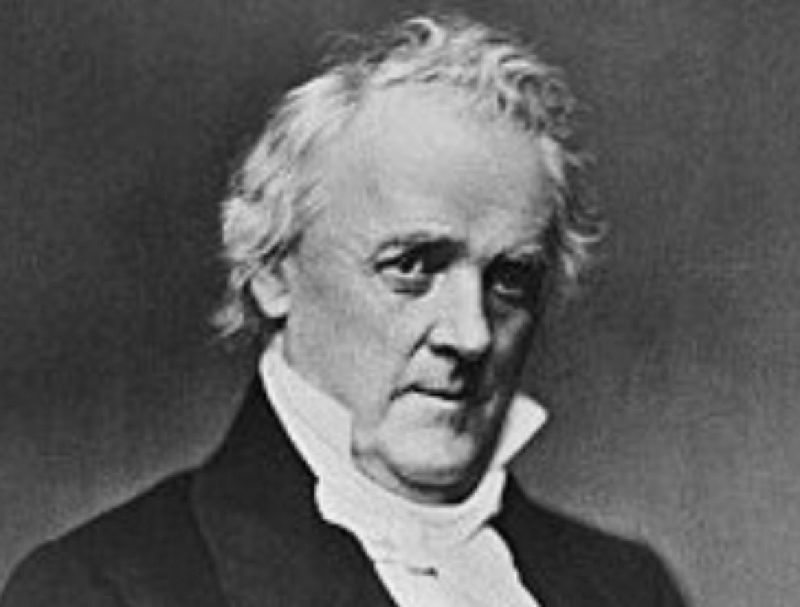
Many historians place 15th president James Buchanan as one of the worst US Presidents to ever take office. When elected, he suggested that it was the state’s decision to support or condemn slavery. Marks throughout his presidency essentially allowed the secession of several states, these states later forming the Confederacy. In essence, Buchanan left the US in a pre-war state before the initial beginning of the Civil War.
<span>9. </span>Andrew Johnson (1865-1869)
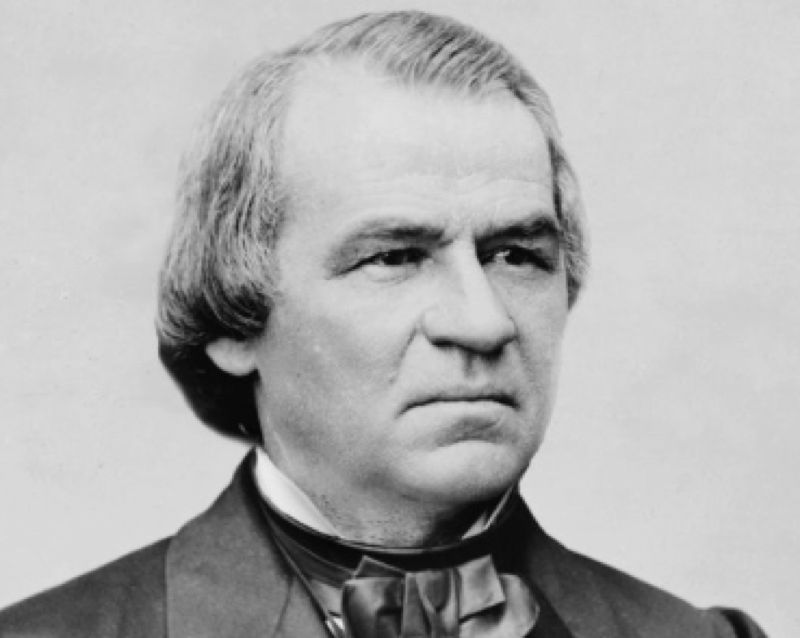
Seventeenth president Andrew Johnson was elected following the assassination of Lincoln. His pro-slavery, racist tendencies never allowed African Americans full equality following the war. In fact, he distributed pardons to former rebels and Confederate officials, some of which were even given positions in office. He even removed Secretary of War Edwin Stanton from office, despite needing the Senate’s approval to do so.
<span>8. </span>Honorable Mention: Joe Biden (2021-Present)

Joe Biden hasn’t been in office long enough for anyone to determine whether he’ll be seen as one of the worst presidents in history, but so far he’s been praised for his desire to bring liberals and conservatives together in a time of immense political division in America, and he’s vowed to make COVID-19 vaccines widely available to the public as quickly as possible and heed the advice of scientists during his presidency. On the contrary, Biden has been criticized for not supporting universal healthcare, refusing to cancel $50,000 in student debt, and for supporting the environmentally harmful practice of fracking. How will the 46th president of the United States be viewed in years to come? Only time will tell!
<span>7. </span>James K. Polk (1845-1849)
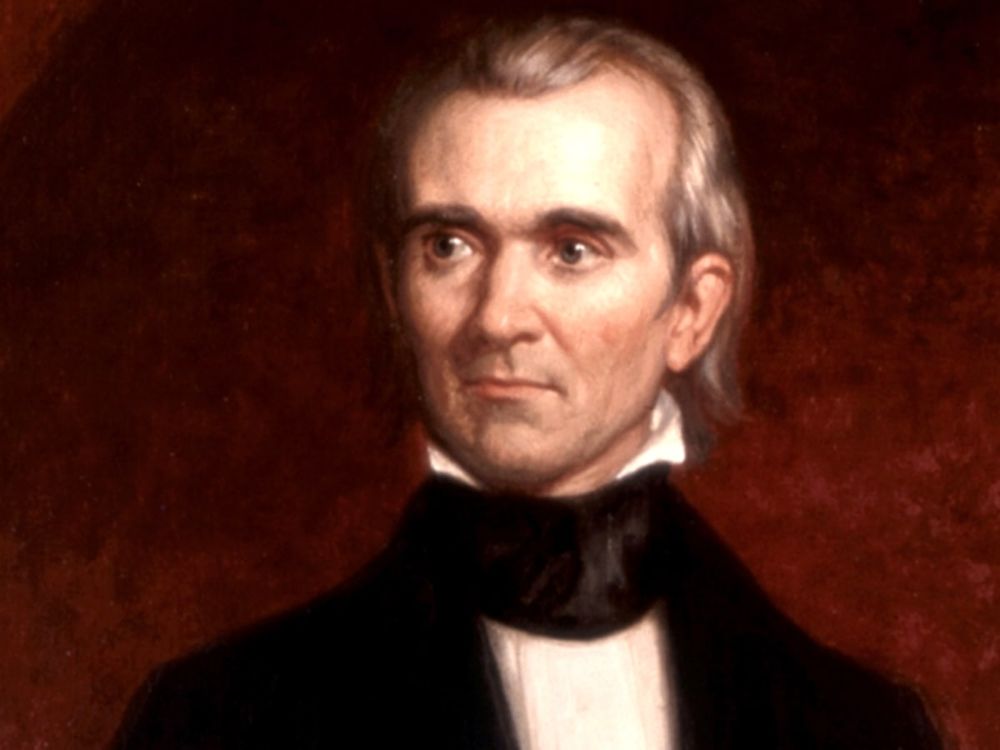
Although it appears that Polk was an almost brilliant president and a man who squandered excellent prospects, President Polk maintained a different stance on slavery than he did in private. While in power, he not only employed slaves in the White House but also covertly bought slaves and separated young ones from their families. He portrayed himself as a kind and paternalistic slaveholder who retained slaves because they had been passed down through the family. In truth, Polk was a greedy slave who tore up families for his own gain.
<span>6. </span>James Madison (1809-1817)
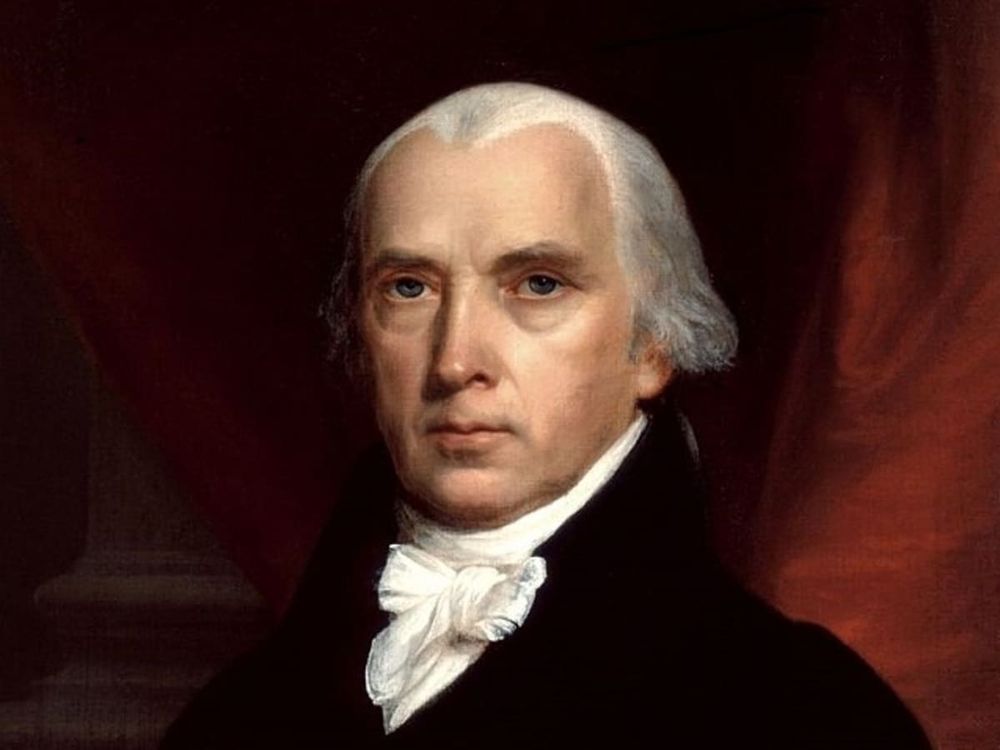
Even though he was tagged as the father of the constitution, President Madison was frequently attacked and held responsible for the problems caused by the War of 1812. American businessmen were hurt when trade ceased between the United States and Europe. New England made a threat to leave the Union, and Madison’s efforts were thwarted by the Federalists. In August 1814, British troops attacked Washington, D.C., burning the White House, the Capitol, and the Library of Congress, forcing Madison to leave.
<span>5. </span>John Adams (1797-1801)
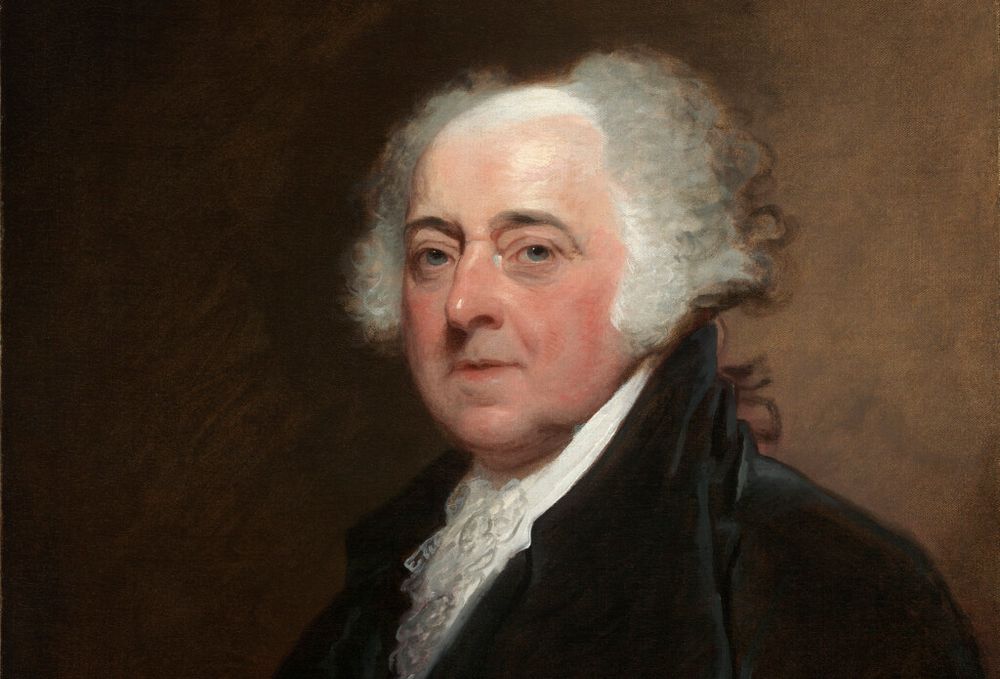
Adams’ impact was likely hampered by his distance and reluctance to engage in direct political conflict. His political isolation and solitude have resulted from his obstinate independence. He valued nobody’s opinion as highly as his own. He would not collaborate closely with the legislature because he believed it was prone to corruption. He was proud of never caving to pressure from the general public that went against his morals. As a result of his superior reason and virtue, Adams believed himself to be one of those natural aristocrats who were destined for greatness.
<span>4. </span>Woodrow Wilson (1913-1921)
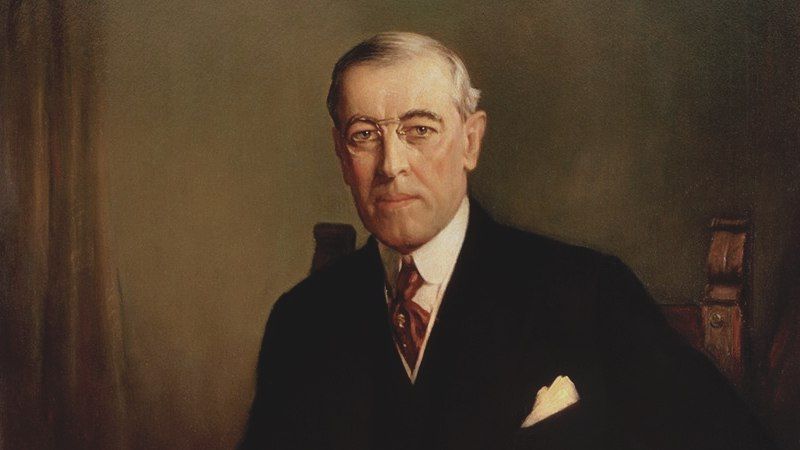
There was a dark aspect to Wilson’s first administration. The president, despite being raised in the South, had racial views that reflected the then-dominant white northerners’ apathy towards injustice against African Americans. Despite the fact that many of Wilson’s cabinet members were from the South, they insisted on instituting segregation in the federal government. The administration was forced to abandon some of the most overtly discriminatory policies, such as 'white' and 'colored' restrooms. Some Northern Democrats and Republican Progressives, whose backing Wilson coveted, had voiced opposition, and there were practical issues with separating the races in the workplace.
<span>3. </span>John F. Kennedy (1961-1963)
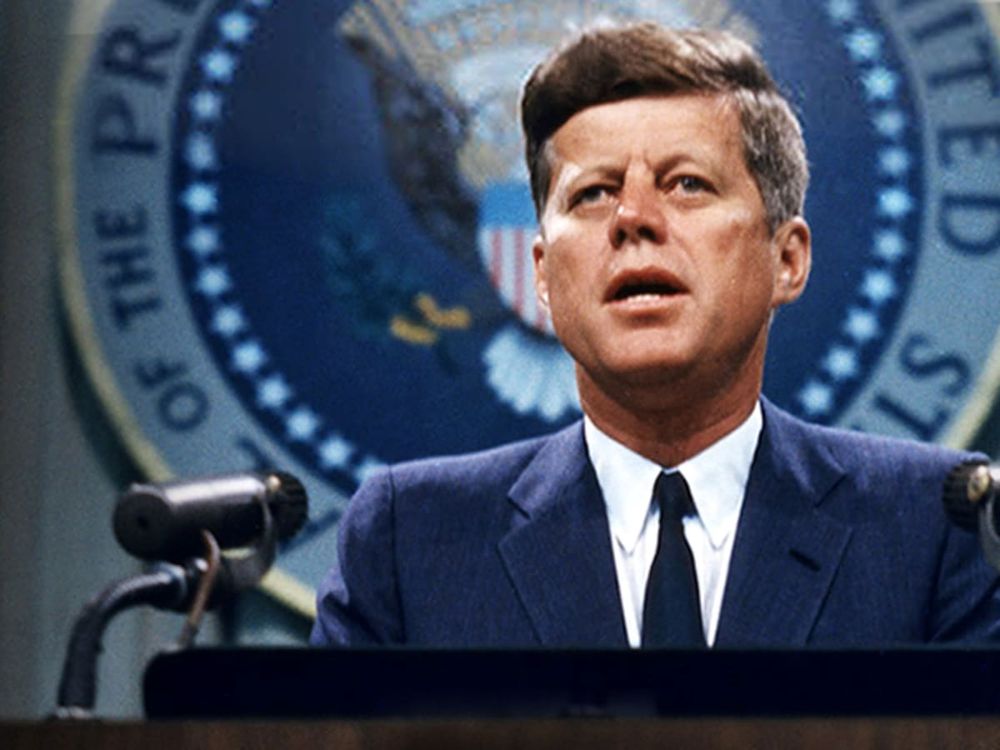
Kennedy did a lot of remarkable accomplishments during his reign as the president of the United States; however, the Bay of Pigs on April 17, 1961, asserted his criticisms. The goal was to incite the Cuban people to revolt in order to topple Fidel Castro’s government. This assault, which the US provided funding and supplies for, was a complete failure – with many exiles being captured by Castro’s troops and some of them being slain. The President’s choice to forgo American air backing for the invasion also gave the impression that he was weak.
<span>2. </span>Thomas Jefferson (1801–1809)
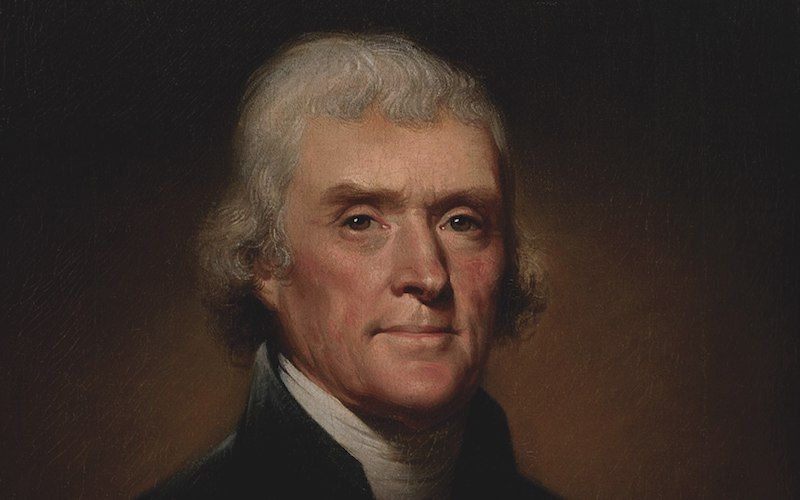
Jefferson’s shortfalls were his ownership of slaves and his lack of efforts to abolish slavery. His assertion that all men are created equal in the Declaration of Independence was contradicted by this. Jefferson had the chance to do anything about slavery while serving as a president, but he chose not to. He also struggled to deal with France and Great Britain interfering with trade. However, Jefferson aimed to keep the United States out of the struggle between France and Great Britain due to the fact that commerce was essential to the economy.
<span>1. </span>Harry Truman (1945-1953)
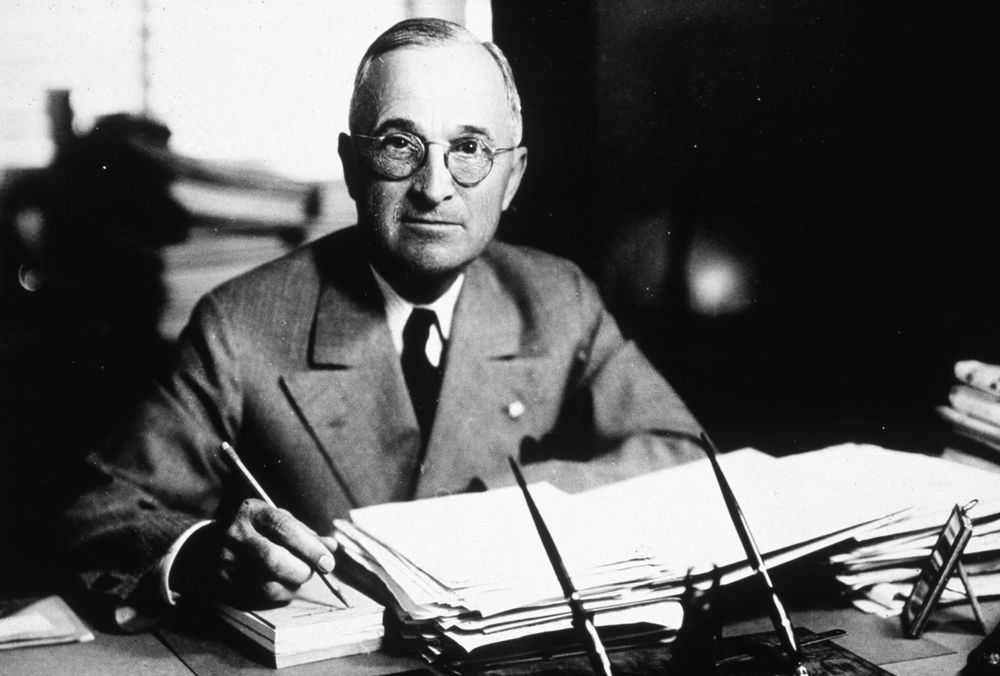
Truman’s eight-year administration marked the use of atomic weapons against civilians in Japan, the entry of the United States into the Korean War, the outbreak of the Cold War, and the foundation of the CIA with the authority to conduct assassinations and foreign interventions. Truman consistently ranks as one of the top US presidents, but many of these are just based on their conclusions on public opinion. The dropping of atomic bombs on humans and the start of the Korean War were all barbarous. These actions are far more lasting and have a disastrous impact on the world.
Quick Links
